Summary | Excerpt | Reading Guide | Discuss | Reviews | Beyond the book | Read-Alikes | Genres & Themes | Author Bio
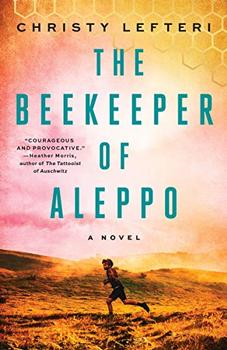
A Novel
by Christy LefteriThis unforgettable novel puts human faces on the Syrian war with the immigrant story of a beekeeper, his wife, and the triumph of spirit when the world becomes unrecognizable.
Nuri is a beekeeper and Afra, his wife, is an artist. Mornings, Nuri rises early to hear the call to prayer before driving to his hives in the countryside. On weekends, Afra sells her colorful landscape paintings at the open-air market. They live a simple life, rich in family and friends, in the hills of the beautiful Syrian city of Aleppo—until the unthinkable happens. When all they love is destroyed by war, Nuri knows they have no choice except to leave their home. But escaping Syria will be no easy task: Afra has lost her sight, leaving Nuri to navigate her grief as well as a perilous journey through Turkey and Greece toward an uncertain future in Britain.
Nuri is sustained only by the knowledge that waiting for them is his cousin Mustafa, who has started an apiary in Yorkshire and is teaching fellow refugees the art of beekeeping. As Nuri and Afra travel through a broken world, they must confront not only the pain of their own unspeakable loss but dangers that would overwhelm even the bravest souls. Above all, they must make the difficult journey back to each other, a path once so familiar yet rendered foreign by the heartache of displacement.
Moving, intimate, and beautifully written, The Beekeeper of Aleppo is a book for our times: a novel that at once reminds us that the most peaceful and ordinary lives can be utterly upended in unimaginable ways and brings a journey in faraway lands close to home, never to be forgotten.
A great starting point for those interested in learning about the worldwide refugee crisis; it’s an exceptionally well-written novel, if heartbreaking. Book groups in particular will find many points to fuel discussion, especially about the current challenges faced by those seeking to escape violent and war-torn countries...continued
Full Review
(683 words)
This review is available to non-members for a limited time. For full access,
become a member today.
(Reviewed by Kim Kovacs).
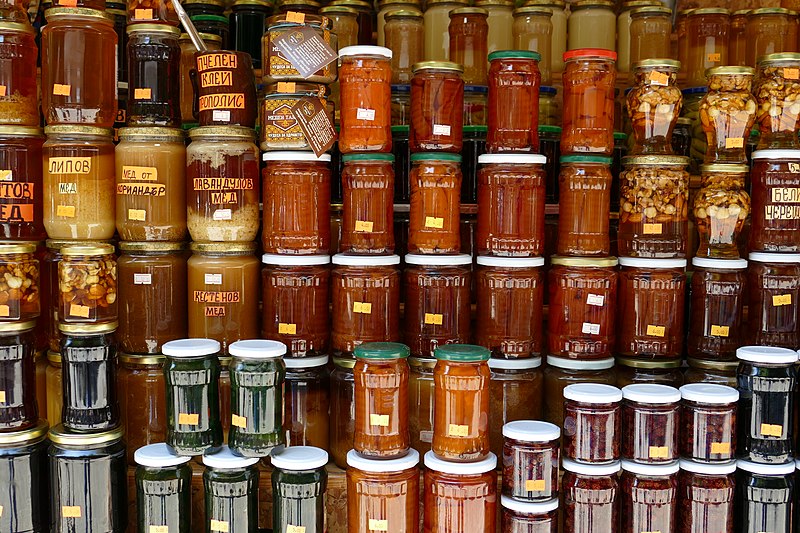 In Christy Lefteri's novel, The Beekeeper of Aleppo, the protagonist is a Syrian refugee seeking asylum in England (See Syrian Refugees and The Human Cost of War in Post 9/11 Conflicts). The novel brings to life the heart-wrenching challenges refugees endure as they flee their home country for a better life (See The Dehumanization of Refugees in Europe), but it also vividly sketches the protagonist's past life as a beekeeper in pre-war Syria.
In Christy Lefteri's novel, The Beekeeper of Aleppo, the protagonist is a Syrian refugee seeking asylum in England (See Syrian Refugees and The Human Cost of War in Post 9/11 Conflicts). The novel brings to life the heart-wrenching challenges refugees endure as they flee their home country for a better life (See The Dehumanization of Refugees in Europe), but it also vividly sketches the protagonist's past life as a beekeeper in pre-war Syria.
Since antiquity, humans have had a unique relationship to bees and the honey they have been making for millions of years. The earliest fossil record of bees dates to about 100 million years ago, determined from remains found in a mine in northern Burma in 2006. At the time, bees and wasps were just ...
This "beyond the book" feature is available to non-members for a limited time. Join today for full access.

If you liked The Beekeeper of Aleppo, try these:
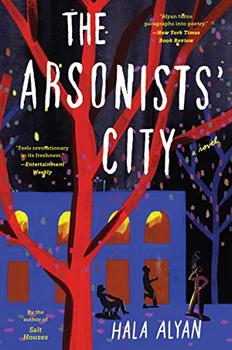
by Hala Alyan
Published 2022
A rich family story, a personal look at the legacy of war in the Middle East, and an indelible rendering of how we hold on to the people and places we call home.
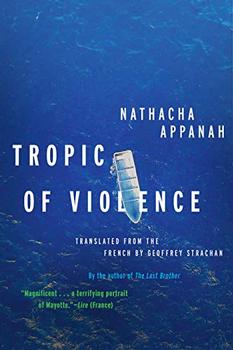
by Nathacha Appanah
Published 2020
A potent novel about lost youth and migration by the author of The Last Brother and Waiting for Tomorrow.


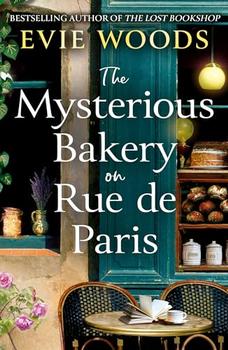
They say that in the end truth will triumph, but it's a lie.
Click Here to find out who said this, as well as discovering other famous literary quotes!